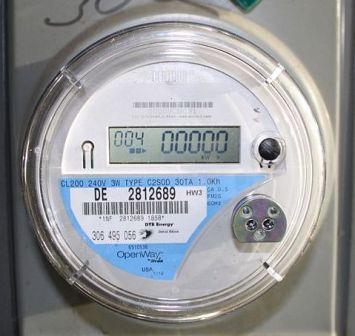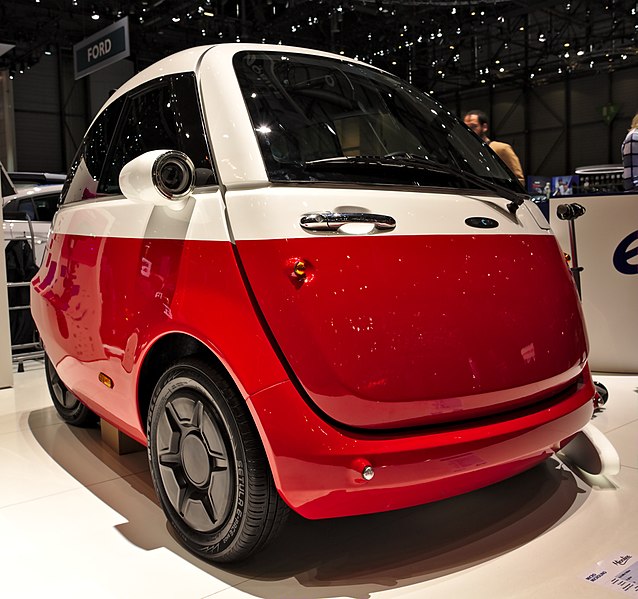Kopi luwak: Coffee from Poop and Its Pricey
The world’s most expensive coffee is Kopi luwak, and it is because of its unique method of production. This richest coffee is produced from a certain Indonesian cat-like animal called palm civet or civet cat also. It is produced from the coffee beans that are digested by this cat and this is the reason behind it is also called civet cat coffee or cat poop coffee. The waste matter called feces is collected from this cat and then it is finished and sold as kopi luwak. This very expensive coffee has very high demand but comparatively has very limited supply. Its uncommon production methods and perfect taste defines the value of kopi luwak coffee.

It’s quite strange that it is made from poop and still it’s the world’s expensive coffee. Well, not exactly poop but from the coffee beans that are partially eaten by the civet and then pooped out by a catlike creature. Moreover, it’s known that a cup of kopi luwak can be sold for as much as 100 dollars.
The stock of around 70% of kopi luwak coffee is available at various coffee stores, but the Internet does not provide with the 100% pure kopi luwak coffee as it misses some of its ingredient that is in the genuine coffee. Mark Prince who is from the popular industry forum Coffee Geek and he stated that the sales of kopi luwak coffee are around 5,000 times more than its production each year, which means the production of this coffee is less than 5,000 pounds each year. The reason behind it is that many salesmen package up plain inferior commodity of this Indonesian coffee and they try to get $300 per pound for this fake commodity. What fake sellers do is they produce the product at very low costs and sell it at higher costs under the banner.
In an observation conducted by experts, it was noticed that if the wild civet eats some old coffee cherries, then it produces an inferior product. Moreover, these civets in cages pick and choose themselves their choice of coffee cherries they want to eat, and this is the most special about the kopi luwak.
Natural kopi luwak is normally found on plantation grounds, which are picked up for roasting are harmless to animals. To fulfill the higher demand for the coffee, the farmers who produce this expensive beans have started to harvest the coffee beans unnaturally, which is wrong. Farmers have caged a lot of civets, and they give them coffee beans forcefully. This expensive coffee has made farmers blind in the lust for money, and they have converted this farming of civet cats into an enslavement industry. Due to this, hundreds of animals are caged together, and they suffer from such mental stress that they fight and gnaw at their own limbs. Most of the farmers are illiterate, and they don’t know how to take care of the animals due to which many of them die with illness.
The worst part is that the animals are kept in cages, and they are forcefully fed with these caffeine-laden coffee cherries all the time every day. The essential part of this expensive coffee was the uniformly ripe cherries, but the animal suffering and inferior production have led to its bad quality.
These catlike creatures are found in sub-Saharan Africa and Southeast Asia. They have stripes or spots on their body, a long tail like a monkey, and face markings like a raccoon. These civets play an important role in the food chain too, as they eat small reptiles and insects besides eating fruits like mangoes and coffee cherries. They are eaten by large snakes, leopards, and crocodiles.
Initially, the civet coffee trade was tolerated very easily by these creatures. The Asian palm civet founded in Indonesia was seen as a pest but made such a good growth to kopi luwak industry that it motivated people a lot to protect civets. The structure of proteins was changed by the digestive enzymes of these creatures, and it also makes a smoother cup of coffee by removing all the acidity.
Now, a lot of money can be made from these civet-ogling tourists. The sad part is no certification scheme is there to judge that the coffee labeled wild is actually that. Some coffee certifiers have been working as a responsibility to environmentally friendly farming and expect productions refuse to certify any kopi luwak.



